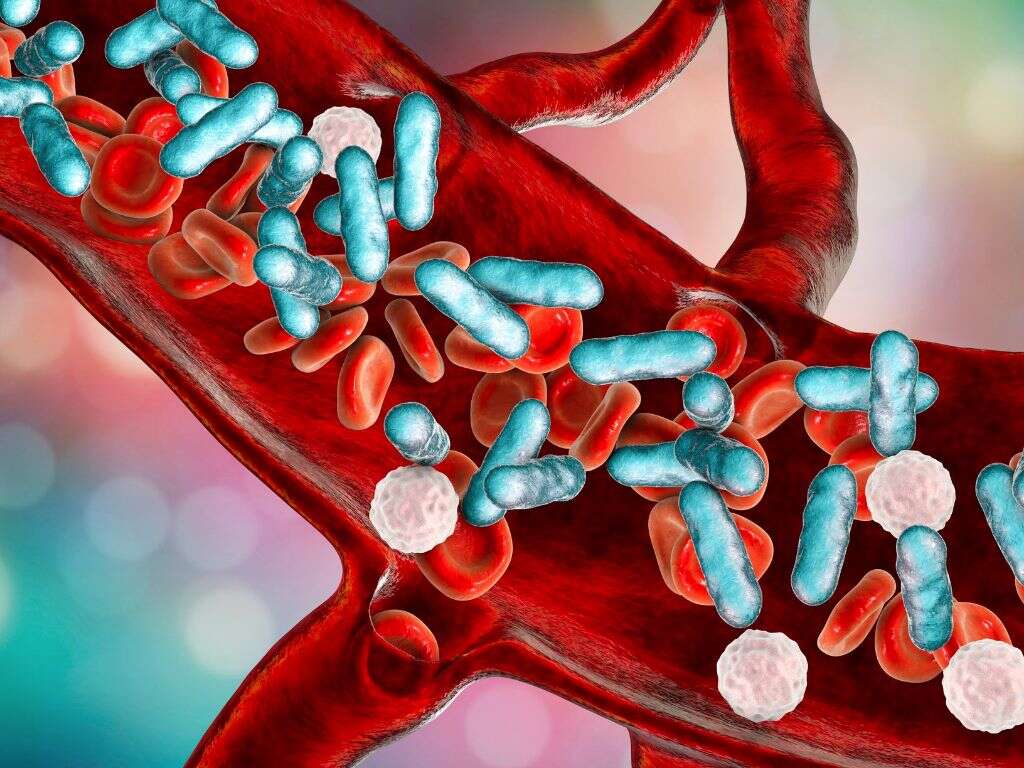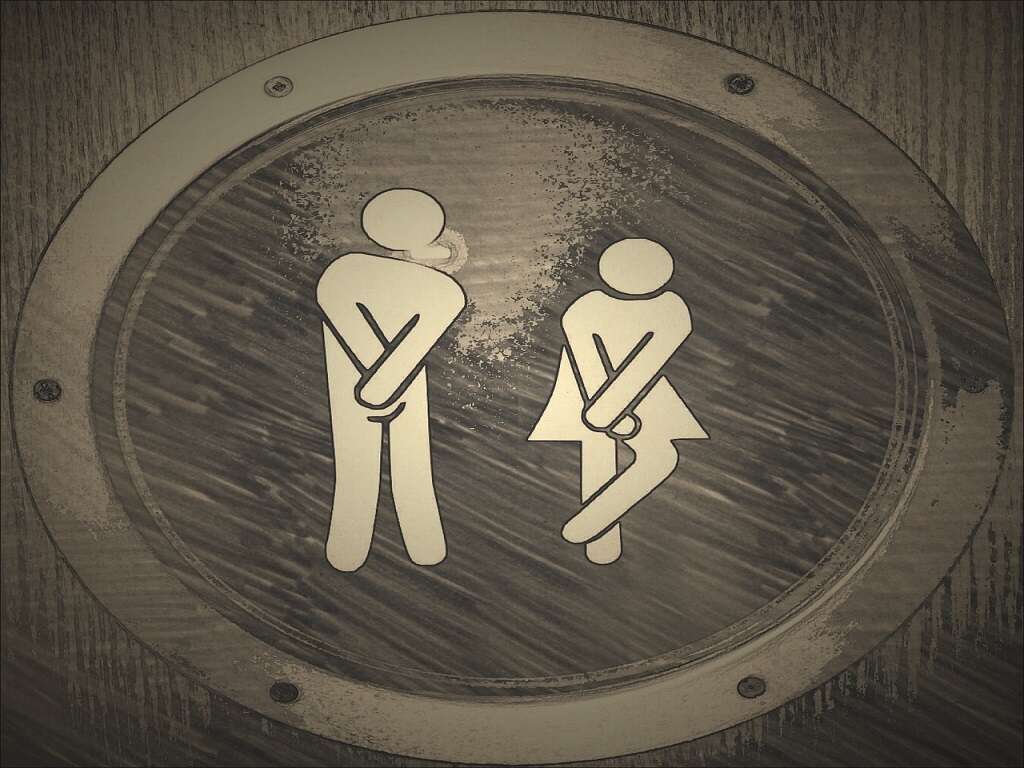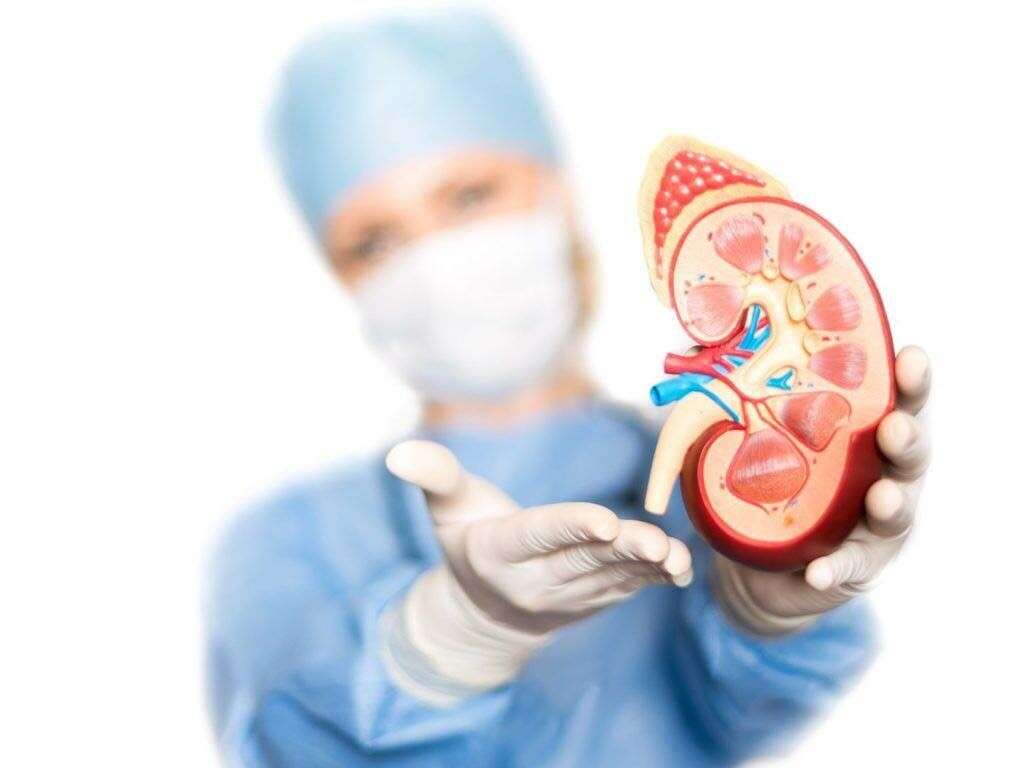What Is Kidney Disease?
As we eat and drink, we take in toxins that might be able to do us harm. In addition, various toxins are produced as a by-product of various bodily processes. If they were allowed to accumulate then this could cause real problems for the patient, but the body has a way to process these toxins.
Our kidneys are valuable organs because they help to remove toxins from our blood. These toxins can then be passed out of the body where they can do us no harm. It is important to look after our kidneys the best we can, and some people will develop kidney disease which can cause a number of problems.
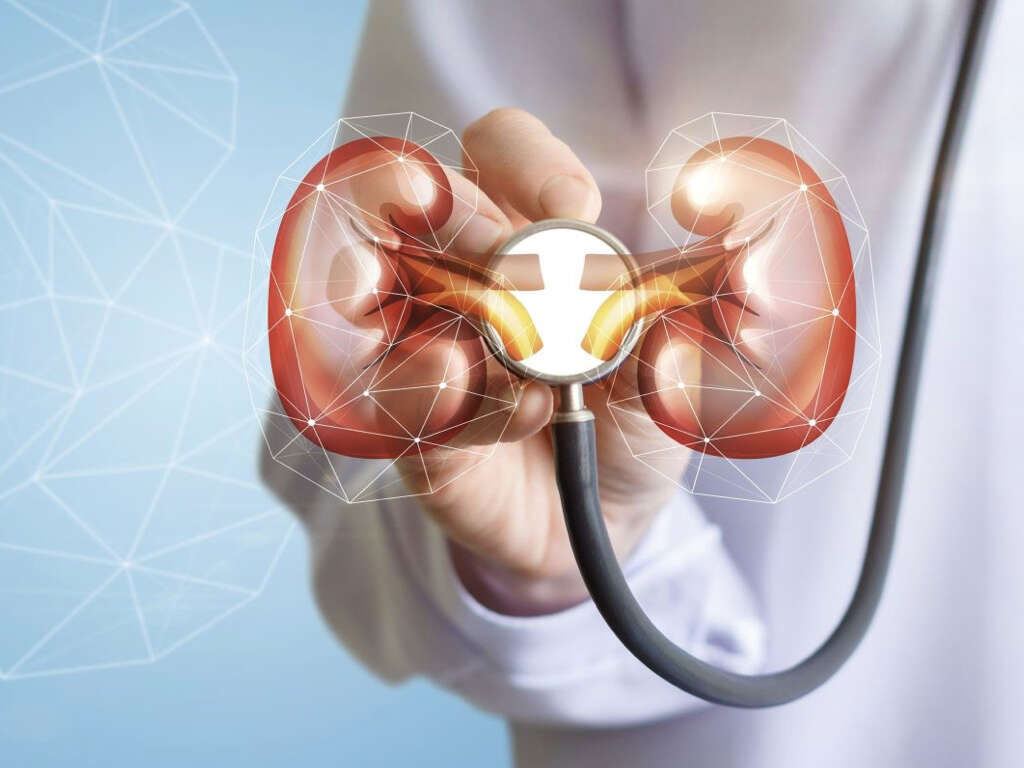
1. Kidney Disease
Kidney disease is the blanket term given for a number of diseases that can affect the functionality of your kidneys. The impact that kidney disease will have can vary considerably and, in some cases, patients will not even be aware that they have a problem at all.
Even very mild cases can get gradually worse over time, however, and they can develop into something that is very serious indeed. In the worst cases, the patient is left unable to keep their blood clean of toxins and this can become very dangerous for them. Dialysis and other treatments are often necessary to help keep the patient alive.

2. Alcohol
Alcohol is toxic to us and, when we consume it, our kidneys have the task of filtering it from our system. This is not a problem for occasional drinkers, after all, the kidneys have evolved to do the job of filtering out toxins. Problems arise, however, when people drink too much and on a regular basis.
Regular drinkers can overload the kidneys with alcohol, and this can result in damage to them. The damage often occurs slowly after time with the symptoms of kidney disease gradually worsening. People with kidney disease will often have to give up alcohol, or at least cut down considerably, in order to keep themselves out of danger.

3. Blood Clots
Blood is needed all over the body, and our organs need a constant supply in order to maintain full functionality. If the flow of blood to the kidneys was somehow limited then they can become less effective at filtering out toxins. One thing that can cause this to happen is a blood clot.
Blood clots are potentially very serious and can cause a lot of problems with organs and other parts of the body. They are often the result of poor lifestyle choices but they can also be caused by some medical conditions. Regular check-ups are recommended to help identify problems before they become too serious.

4. Medication
If you are sick then there is a good chance that you will be prescribed medication to help cure and/or treat the condition. Modern medicine is, generally speaking, very good at helping to make us better. Many types need to be used with considerable caution, however.
Medication is designed to do certain things to the body. This means that while it works as intended in one way, it can also have unintended effects in others. This can include affecting the functioning of the kidneys, and this means that some drugs may not be suitable for everybody. Some cancer treatments might also contribute to kidney disease in some cases.
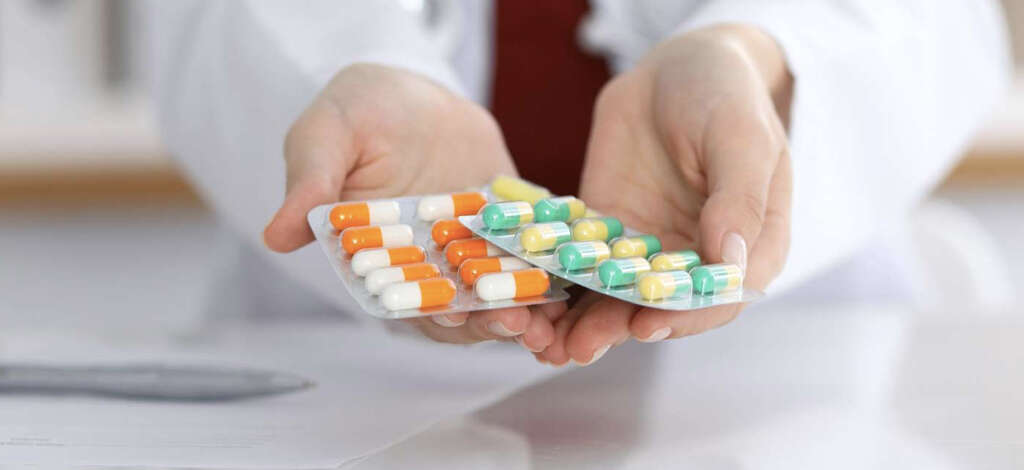
5. Infections
If sufficient bacteria were able to reach the kidney, then the kidney itself can become infected, and this can affect its ability to function properly. In most instances of a kidney infection, it is the result of a bladder infection that has then spread further. Kidney infections can be very painful and even dangerous if they are not treated in time.
Antibiotics are usually enough to treat such infections if the problem is caught in time. Kidney infections are often avoidable if patients urinate after having sex, and by ensuring that they remain well hydrated. Most cases will be cured, but permanent damage can result in some cases.

6. Diabetes
Diabetes affects millions of people worldwide and, in many cases, it will have a profound impact on their health. It can be dangerous and patients with the condition will often need to make careful lifestyle decisions. If it is not kept under control then it can result in some very serious problems for the patient.
One potential problem of diabetes is that it can lead to kidney disease. The damage is caused by the higher than usual levels of sugar in the blood. Trying to keep the underlying cause under control is necessary to help prevent further damage to the kidneys.

7. Loss of Appetite
Kidney disease can cause a number of symptoms, one of which is a loss of appetite. A loss of appetite can also go on to cause other problems for the patient. Not eating enough can contribute to fatigue, while fatigue can also be caused by the blood not being able to transport oxygen and nutrients effectively
With the kidneys not functioning as well as they should be, toxins flowing through the blood can also cause nausea. This can cause the patient to vomit in some cases. Patients with kidney disease can also experience difficulties sleeping, and this can result in difficulty sleeping.

8. Other Symptoms
As toxins build up in the blood, it can begin to accumulate just beneath the skin, and this can become very itchy for the patient. In some cases, kidney disease can also result in difficult to control high blood pressure. That patient’s urinating habits can also change, while their feet and ankles can become swollen.
Kidney disease can cause fluid to begin building up in the lungs, and this can cause the patient to become short of breath. In addition, increased toxins in the blood can cause the patient to become mentally slower than usual.

9. Risk Factors
Kidney disease tends to be found in people that have not taken care of themselves. These include people that have become obese and those that drink and smoke a lot. Getting into shape again cannot reverse kidney disease in many cases, but it can at least help to stop things from getting worse.
Kidney disease is also caused by some health conditions, including high blood pressure and diabetes. Some people might also be born predisposed to developing kidney disease. If you do fall into one of the high-risk categories then it is especially important to take care of yourself, and to get regular check-ups.
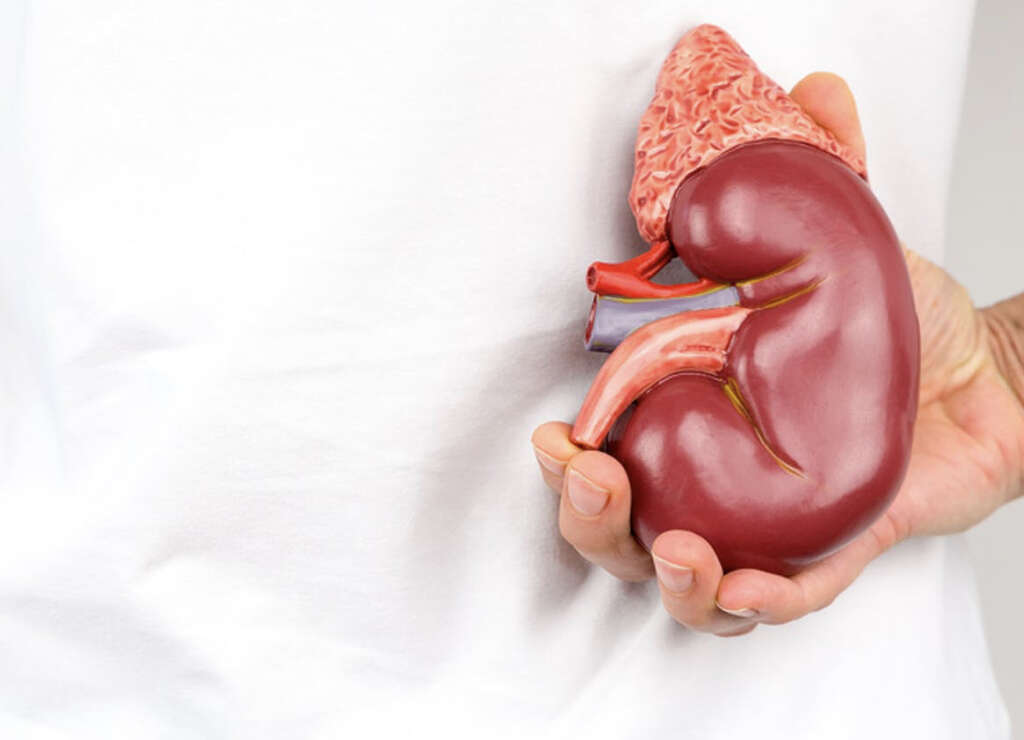
10. Treatment
Treatment of kidney disease often depends on the underlying cause. If it is down to an infection, for example, then antibiotics are likely to be used to help clear up the infection. Various other types of medications can also be used to help treat the condition and the symptoms.
Many patients with kidney disease will also need dialysis. This means that the patient is hooked up to a machine that will help to filter toxins from their blood. This is not a cure, but it can at least help the patient to survive with serious kidney problems. In some cases, the patient will be given a kidney transplant.




